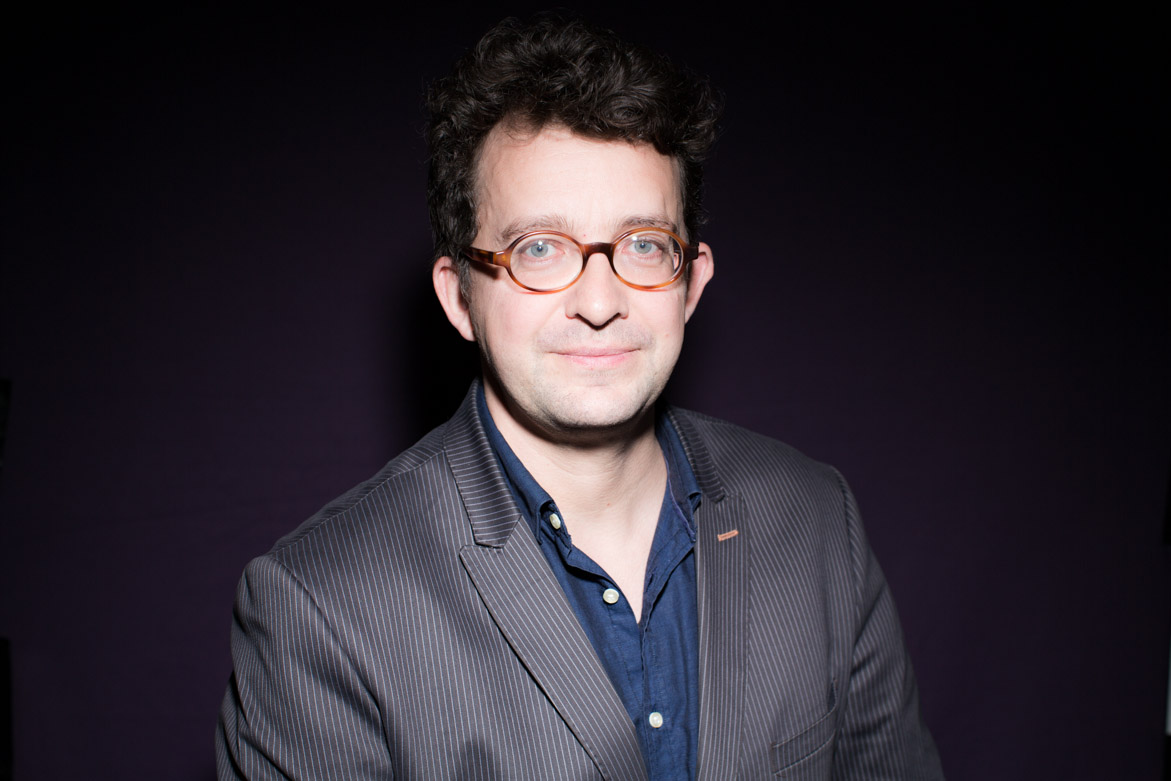Transitions but no Democracy: is a New Type of Regime developing in Sub-Saharan Africa? The case of Nigeria

Practical information
Themes and regions
Related centers and programs
This is a private event.
Learn more about our corporate support packagesSub-Saharan African hopes of democratization raised by the end of the cold war and the decline in the number of single party states are giving way to disillusionment. Most of the African states are now ruled by regimes that are neither military juntas nor parliamentary democracies. Despite recent events in Mauritania, Niger and Guinea-Conakry, the heavy trend notices a decrease in the number of successful or attempted coup d'état, even in Nigeria, where figures had reached world record levels. Nigeria is a classic example. The country lives in an area of turbulence between peace and war, where daily insecurity is so important that it highlights the fragility of its institutions. This situation does not favor either investment or the faith of citizen in their state.
Around Marc-Antoine Pérouse de Montclos, is a Senior Researcher at IRD (Development Research Institute, France) and Doctor in Political Sciences from Political Studies School of Paris (IEP Paris) . He is the author of the first annual study of Ifri's Sub-Saharan Africa program: Transitions but no Democracy: is a New Type of Regime developing in Sub-Saharan Africa?
Chairman: Alain Antil, head of Ifri's Sub-Saharan Africa programi






